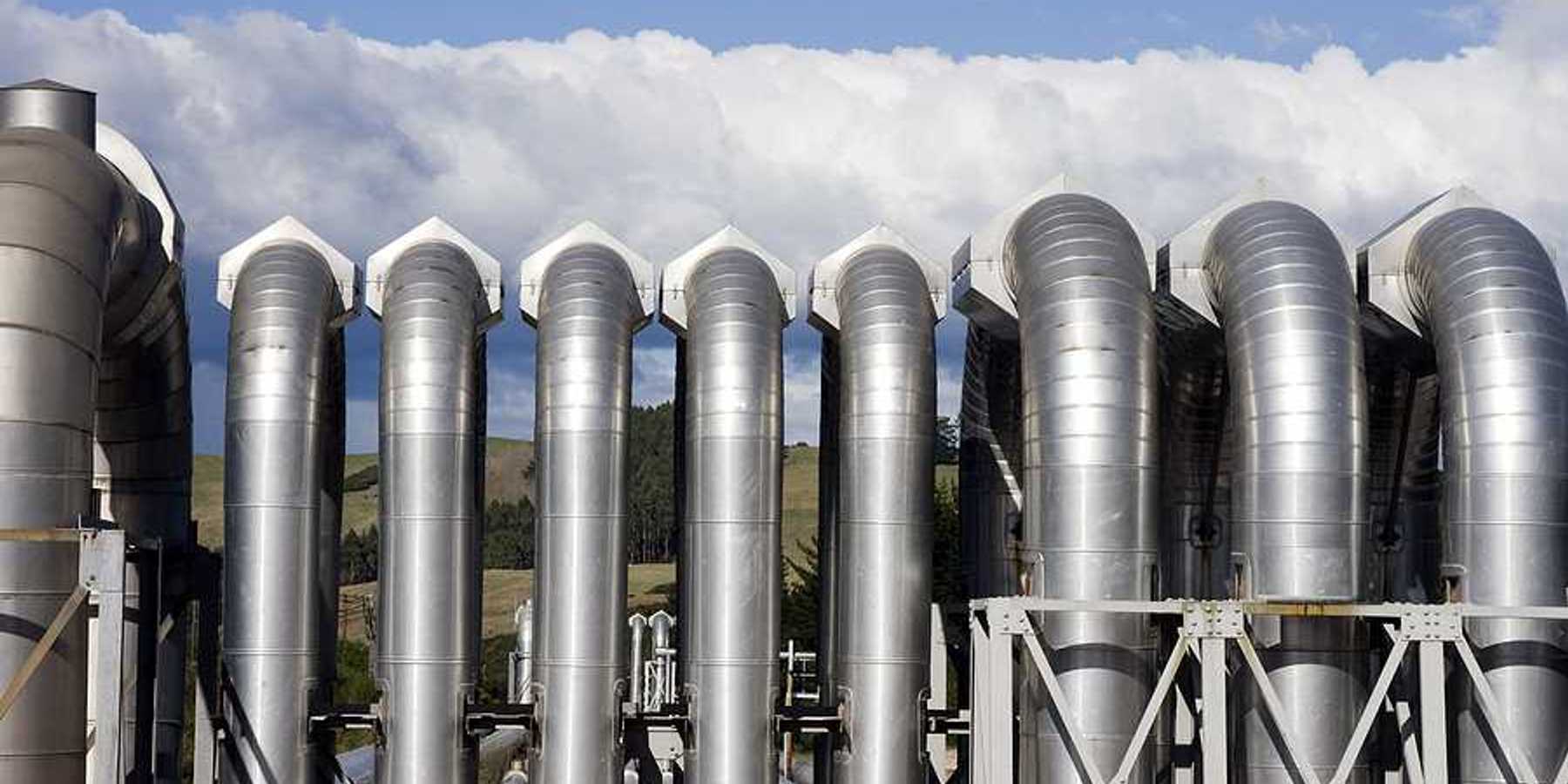Appalachian groups express frustration over first $30 million in federal hydrogen hub funding
“This award represents a continued commitment to invest in a natural gas industry that has added to the pollution and health burdens in the region.”
PITTSBURGH — On July 31, the federal government announced $30 million of funding for the Appalachian Regional Clean Hydrogen Hub, or ARCH2, which plans to create hydrogen from natural gas and other sources.
ARCH2 is one of seven planned, federally funded hydrogen hubs across the country, and one of two (along with the Gulf Coast hub) that will rely primarily on fossil fuel sources rather than renewables to create hydrogen.
The $30 million award represents the first round of funding for ARCH2, with a total of $925 million available for this project over the next seven to twelve years. In total, the seven planned hydrogen hub projects are slated to receive $7 billion in federal funding.
The $30 million will be used to “solidify planning, development, and design activities around site selection, technology deployment, community benefits and engagement, labor partnerships, and workforce training,” according to the U.S. Department of Energy (DOE).
The announcement comes just weeks after Pennsylvania governor Josh Shapiro signed into law a controversial bill allowing carbon capture and storage in the state, which will be required for the development of the hydrogen hub.
The award announcement frustrated local environmental and community advocates, who say the DOE has not been transparent about the details of the project, its climate and economic benefits, or its potential to add pollution and cause health harms in environmental justice communities that are already overburdened with existing pollution sources.
“This award represents a continued commitment to invest in a natural gas industry that has added to the pollution and health burdens in the region while failing to deliver any measurable growth in jobs, income and population,” Sean O’Leary, senior researcher with the Ohio River Valley Institute, a progressive think tank, said in a statement.
Earlier this year, the Ohio River Valley Institute delivered a letter to the DOE on behalf of 54 Appalachian organizations and community groups calling for the suspension of ARCH2. The letter called on the DOE to release additional information about the projects and offer impacted communities more meaningful opportunities for engagement prior to awarding additional funds — neither of which has happened, according to the organizations that signed the letter.
“Affected communities know little about the proposed projects and their impacts,” the No False Solutions PA Coalition said in a separate statement about the award. “Nevertheless, millions of dollars are being awarded to projects that will surely impact our health and environment BEFORE affected communities have had a chance to weigh in.”
Critics of the ARCH2 project say that carbon capture and storage technology hasn’t yet proven effective as a climate solution and it remains unclear whether hydrogen energy will abate or worsen climate change.
“There’s been a lot of talk about how hydrogen will be a cleaner energy source, but that overlooks the entire picture which includes reliance on the natural gas industry, which we know pollutes and harms communities and drives climate change with methane leaks,” Talor Musil, a field manager with the Environmental Health Project, a public health nonprofit, told EHN.













